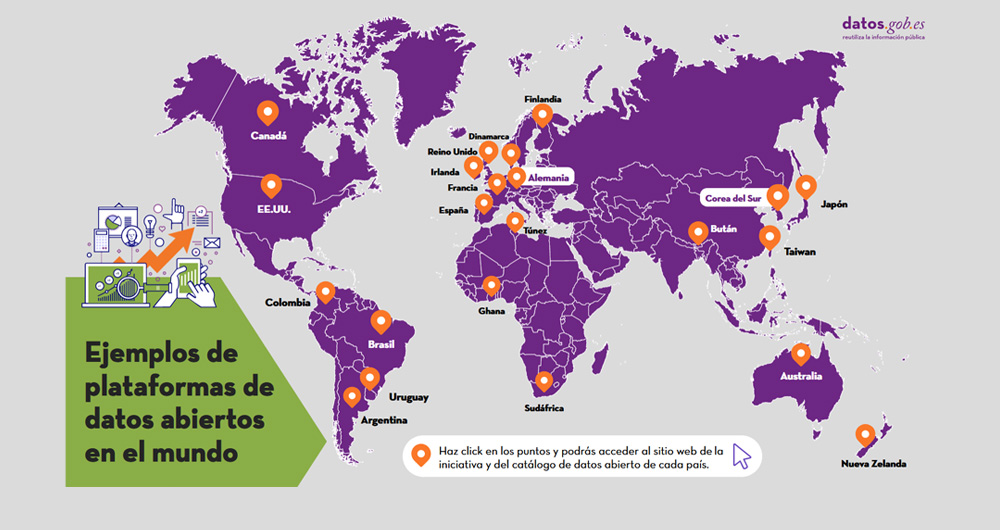12 posts found
Smart destinations as open data generators: barriers and opportunities
A Smart Tourism Destination (ITD) is based on a management model based on innovation and the use of advanced technology to optimise the visitor experience and improve the sustainability of the destination, while strengthening the quality of life of residents. The DTI model is based on a series of in…
Safe rooms in Spain: What kind of data can researchers access?
There are a number of data that are very valuable, but which by their nature cannot be opened to the public at large. These are confidential data which are subject to third party rights that prevent them from being made available through open platforms, but which may be essential for research that p…
The agreement to provide statistical data to researchers, in the context of the Data Governance Regulation
The European Union has devised a fundamental strategy to ensure accessible and reusable data for research, innovation and entrepreneurship. Strategic decisions have been made both in a regulatory and in a material sense to build spaces for data sharing and to foster the emergence of intermediar…
Open data to drive energy efficiency and sustainability
The promotion of energy efficiency and sustainability is one of the priorities of the European Union and Spain, as reflected in the European Green Pact. The availability of open data related to energy production, distribution and consumption allows governments, businesses and citizens to access…
The importance of Critical Minerals: Where to locate data of interest?
The energy transition is also a transition of raw materials. When we imagine a sustainable future, we conceive it based on a series of strategic sectors such as renewable energies or electric mobility. Similarly, we imagine a connected and digital future, where new innovations and business models re…
Open data for AI: UNESCO recommendations on open data
The UNESCO (United Nations Educational, Scientific and Cultural Organization) is a United Nations agency whose purpose is to contribute to peace and security in the world through education, science, culture and communication. In order to achieve its objective, this organisation usually est…
Hot OSM: Collaborative mapping to coordinate emergency response
The humanitarian crisis following the earthquake in Haiti in 2010 was the starting point for a voluntary initiative to create maps to identify the level of damage and vulnerability by areas, and thus to coordinate emergency teams. Since then, the collaborative mapping project known as Hot OSM (OpenS…
Trends in open data around the world
In view of the series of current and future trends around the future of open data indicated in our report, we wanted to check to what extent these - or similar - trends are already present in the global open data community. To this end, we have verified the current activities and future plans of sev…
Open data and the reuse of public sector information in the IV Open Government Plan
The IV Open Government Plan 2020-2024 represents a new step in the achievement of the Sustainable Development Goals promoted by the United Nations within the framework of the 2030 Agenda adopted by its General Assembly. Specifically, for the achievement of number 16, related to Peace, Justice and S…
How do Spanish initiatives measure the impact of open data?
Measuring the impact of open data is not always easy. As we saw a few weeks ago, there are several theoretical models that are not easy to implement, so we have to look for different approaches. In the Aporta Initiative we use a mixed approach, as explained here: a quantitative analysis through indi…









